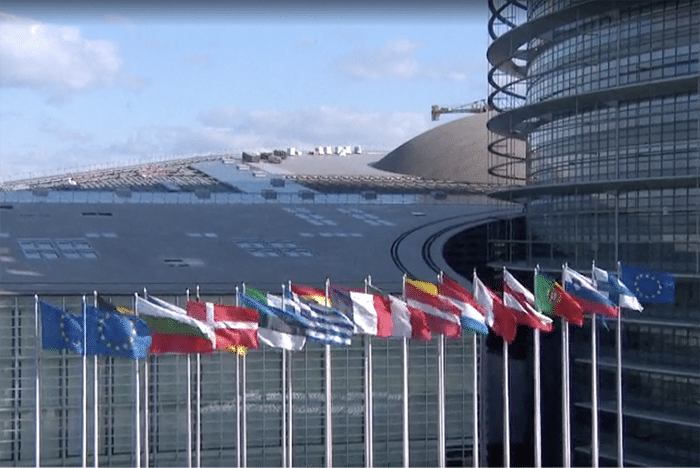The adopted text says that the public debate on the use of artificial intelligence (AI) should focus on this technology’s enormous potential to complement humans.
The text warns that the EU has fallen behind in the global race for tech leadership. As a result, there is a risk that standards will be developed elsewhere in the future, often by non-democratic actors, while the EU needs to act as a global standard-setter in AI.
MEPs identified policy options that could unlock artificial intelligence’s potential in health, the environment and climate change, to help combat pandemics and global hunger, as well as enhancing people’s quality of life through personalised medicine. AI, if combined with the necessary support infrastructure, education and training, can increase capital and labour productivity, innovation, sustainable growth and job creation, they add.
The EU should not always regulate artificial intelligence as a technology. Instead, the level of regulatory intervention should be proportionate to the type of risk associated with using an AI system in a particular way.
Risks of mass surveillance
The draft text also stresses that artificial intelligence technologies could pose crucial ethical and legal questions. It highlights the challenge of reaching a consensus within the global community on minimum standards for the responsible use of AI, and concerns about military research and technological developments into lethal autonomous weapon systems.
MEPs say that certain AI technologies enable the automation of information processing to an unprecedented scale. This paves the way for mass surveillance and other unlawful interference and poses a threat to fundamental rights, in particular the rights to privacy and data protection.
Authoritarian regimes apply AI systems to control, exert mass surveillance and rank their citizens, or restrict freedom of movement. Dominant tech platforms use them to obtain more information on a person. Such profiling poses risks to democratic systems as well as to the safeguarding of fundamental rights, say MEPs.
Quote
Lead MEP Axel Voss (EPP, DE) said: “With the AIDA report we clearly show that artificial intelligence will be a booster for digitalisation and a game-changer in global digital competition, and our AI roadmap puts the EU in a position to take the lead.”
“The EU now has the unique chance to promote a human-centric and trustworthy approach to AI based on fundamental rights that manages risks while taking full advantage of the benefits AI can bring for the whole of society. We need a legal framework that leaves space for innovation, and a harmonised digital single market with clear standards. We need maximum investment and a robust and sustainable digital infrastructure that all citizens can access”, he added.
AIDA Committee Chair Dragoş Tudorache (Renew, RO) said: “Our future global competitiveness in the digital field depends on the rules we put in place today. These rules need to be in line with our values: democracy, rule of law, fundamental rights, and respect for the rules-based international order. This is paramount, as the struggle between authoritarianism and democracy is becoming more and more acute – and unfortunately more deadly, as we have seen with Russia’s unjustified invasion of Ukraine.”
Next steps
The report was adopted by the Special Committee with 25 votes to 2, with 6 abstentions. It will be put to a vote by the full House in May.
Background
The AIDA Committee started its work in September 2020. In its mandate, the committee was tasked with exploring the impact of AI on the EU economy and its different sectors, analysing the AI approach of third countries, and charting the road ahead. The committee held a number of hearings and debates to feed into the report. The AIDA final report is the committee’s main output.
Throughout this process, the members and staff gathered expertise and insights on various aspects of artificial intelligence. This work fed into the committee’s final report, which aims to establish an AI Roadmap up to 2030. This meeting also concluded the work of the committee.







